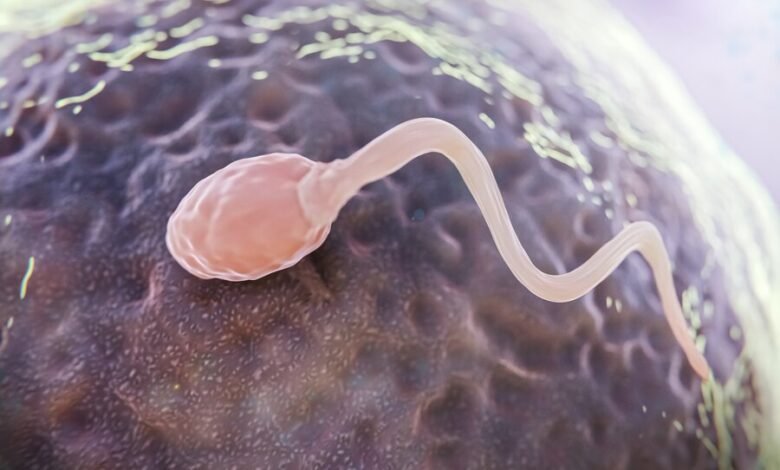
Parasites are organisms that live on or inside a host, deriving nutrients at the host’s expense. In humans, parasitic infections can cause a wide range of health problems, from mild discomfort to life-threatening conditions. The most common human parasites are protozoa, helminths (worms), and ectoparasites. Understanding these parasites and their impact on the human body is crucial for preventing and treating infections effectively. Use Fenbendazole 444Mg for Parasitic Infections. Buy Fenbendazole 444 Mg Online at Medzsupplier.
Common Types of Parasites
Protozoa
Protozoa are microscopic, single-celled organisms that can live and multiply within human tissues. Common protozoal infections include:
Malaria: Caused by Plasmodium species, transmitted by the bite of an infected mosquito. Malaria primarily affects the liver and red blood cells, leading to symptoms such as fever, chills, and anemia. Severe cases can result in organ failure and death.
Giardiasis: Caused by Giardia lamblia, this parasite infects the intestines, leading to diarrhea, abdominal pain, and nausea. Contaminated water is a common transmission route.
Amebiasis: Entamoeba histolytica causes amebiasis, primarily affecting the intestines. Symptoms range from mild diarrhea to severe dysentery, and in some cases, the parasite can invade other organs, such as the liver.
Helminths
Helminths, or worms, are larger, multicellular organisms that live inside the human body, primarily in the intestines but sometimes in other organs. Common helminth infections include:
Roundworms: These worms can grow up to 30 cm long and cause malnutrition, intestinal blockage, and growth retardation in children. The eggs are ingested from contaminated food or soil.
Tapeworms: Caused by various species like *Taenia solium* (pork tapeworm), these flatworms can grow to several meters in length. Tapeworm infections can lead to gastrointestinal discomfort, malnutrition, and, in severe cases, cysticercosis, where the larvae form cysts in muscles, the brain, and other tissues.
Hookworms: These worms attach to the intestinal wall and feed on blood, causing anemia, fatigue, and malnutrition. Infection occurs through direct contact with contaminated soil.
Ectoparasites:
Ectoparasites live on the outside of the body, often on the skin. Common ectoparasites include:
Lice: Head, body, and pubic lice feed on human blood, causing itching and discomfort. Infestations are common in crowded living conditions.
Scabies: Caused by the mite Sarcoptes scabiei, scabies leads to intense itching and a rash as the mites burrow into the skin.
Bedbugs: These small insects feed on human blood while the host sleeps, causing itchy welts and allergic reactions.
Transmission of Parasitic Infections
Parasitic infections are often transmitted through contaminated food, water, soil, or insect bites. Poor sanitation, lack of clean drinking water, and inadequate hygiene practices are significant risk factors, especially in developing countries. Close contact with infected individuals or animals can also lead to the spread of parasites.
Impact on the Human Body
Nutritional Deficiencies: Many parasites, particularly helminths, feed on the nutrients consumed by their host, leading to malnutrition. In children, this can cause stunted growth, cognitive impairment, and weakened immunity.
Chronic Fatigue: Blood-feeding parasites like hookworms and lice can lead to anemia, causing fatigue, weakness, and impaired physical performance. Over time, the body’s ability to perform daily tasks diminishes.
Organ Damage: Some parasites can invade organs beyond the intestines. For example, *Entamoeba histolytica* can cause liver abscesses, while *Plasmodium* species in malaria can damage the liver, kidneys, and brain. Tapeworm larvae in cysticercosis may form cysts in the brain, leading to seizures and other neurological symptoms.
Immune System Strain: Chronic parasitic infections place a significant burden on the immune system. The body is constantly fighting off these invaders, which can weaken the immune response to other infections. In some cases, parasitic infections may also trigger autoimmune responses, where the body mistakenly attacks its tissues.
Developmental Issues in Children: Parasites are especially harmful to children. Malnutrition, anemia, and growth retardation are common consequences of parasitic infections. These health issues can affect school performance and long-term development, perpetuating cycles of poverty and illness.
Prevention and Treatment
Preventing parasitic infections involves improving sanitation, ensuring access to clean water, and promoting good hygiene practices, such as regular handwashing. Insect control measures, such as mosquito nets and repellents, help reduce the risk of protozoal infections like malaria. Vaccines, though limited for parasitic diseases, are in development for some infections.
Treatment depends on the type of parasite. Antimalarial drugs like chloroquine and artemisinin-based therapies are effective against malaria. For helminths, medications like albendazole and praziquantel are commonly used. Ectoparasitic infections, such as lice and scabies, are treated with topical or oral insecticides.
Conclusion
Parasitic infections are a major public health concern, particularly in regions with poor sanitation and limited access to healthcare. The wide variety of parasites that can infect humans underscores the importance of education, prevention, and treatment efforts. By addressing the underlying causes and improving access to healthcare, the burden of parasitic infections on the human body can be significantly reduced.



